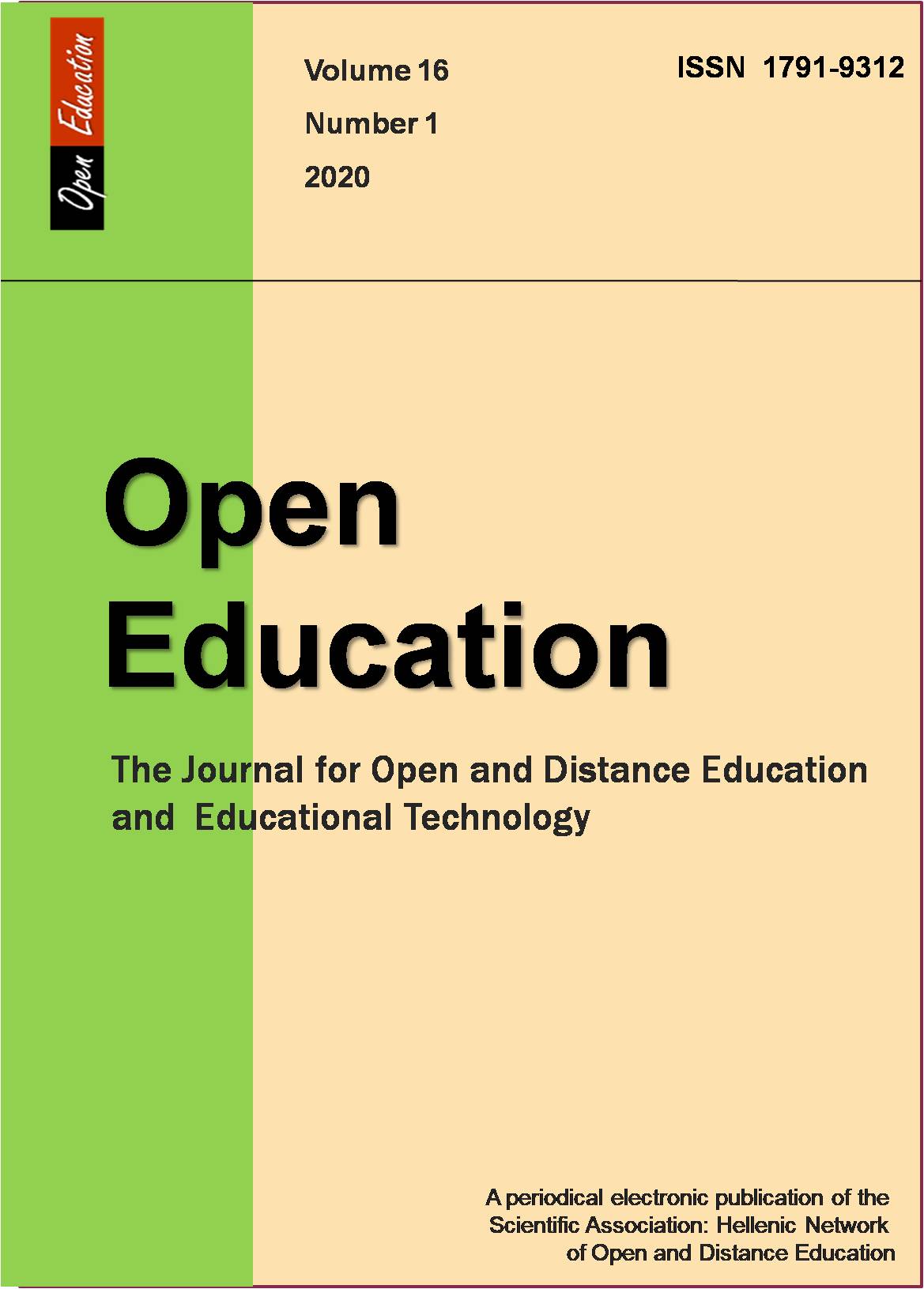Teaching through written assignments in the Open University: an approach to the “voice” of postgraduate students on Instructional Discourse
Περίληψη
This paper aims to approach and analyse students’ views on educational work that is carried out through the preparation of and feedback on written assignments, which constitute a fundamental element of the Open University teaching procedure, by making use of the concepts of instructional discourse and regulative discourse from Basil Bernstein’s theory, as well as the concept of institutional habitus. The research data were collected through semi-structured interviews with a sample of postgraduate students who were following the “Open Distance Learning” Module with the Hellenic Open University (HOU). The research findings reveal that the students would like Visible Pedagogies to be implemented during the conduct of distance teaching through written assignments. In particular, in contrast to the regulations of the HOU institutional habitus they would like to be provided with a great deal of time to produce their assignments, and for their assignments to be corrected by their tutors within a week. In addition, the students would like the requirements concerning the selection of the educational material they should consult, and the sequencing of their text, as well as the assessment criteria used to evaluate their written effort, to be made clear and obvious, as much prior to the preparation of their papers, as during correction of them .
Λεπτομέρειες άρθρου
- Πώς να δημιουργήσετε Αναφορές
-
- Τεύχος
- Τόμ. 16 Αρ. 1 (2020)
- Ενότητα
- Μέρος πρώτο / Section 1



